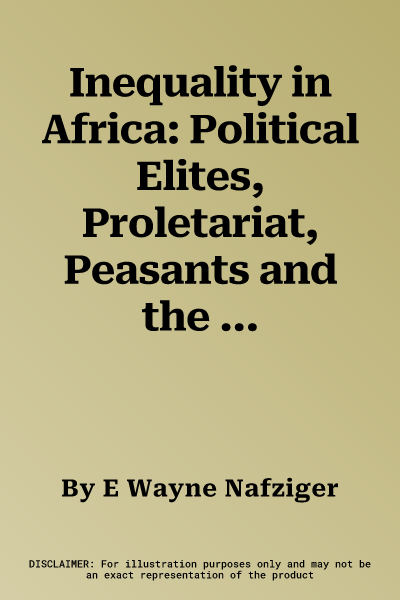E Wayne Nafziger
(Author)Inequality in Africa: Political Elites, Proletariat, Peasants and the PoorHardcover, 26 August 1988

Temporarily out of stock
Free Delivery
Cash on Delivery
15 Days
Free Returns
Secure Checkout

Part of Series
African Society Today
Part of Series
Cambridge Monographs on Mathematical Physics
Print Length
224 pages
Language
English
Publisher
Cambridge University Press
Date Published
26 Aug 1988
ISBN-10
0521268818
ISBN-13
9780521268813
Description
Product Details
Author:
Book Format:
Hardcover
Date Published:
26 August 1988
ISBN-10:
0521268818
ISBN-13:
9780521268813
Language:
English
Location:
Cambridge
Pages:
224
Publisher: